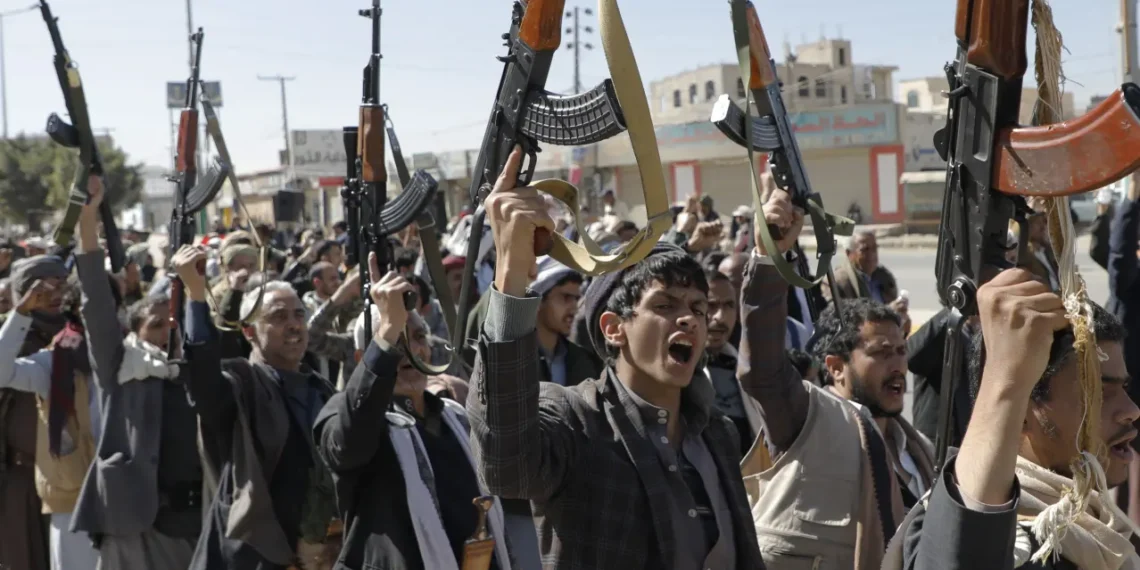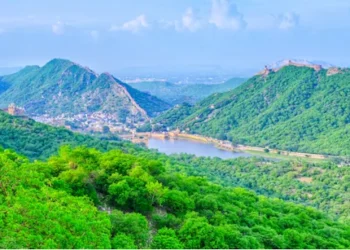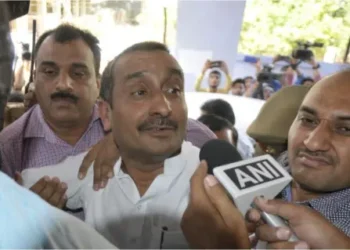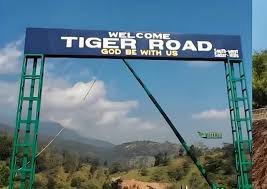The Gaza conflict’s spillover intensified after a Houthi projectile landed in Tel Aviv. Israel responded with strikes on Yemeni ports and infrastructure, marking a new chapter in the growing regional confrontation.
By PC bureau
Tensions in the Middle East escalated on Saturday as a projectile launched from Yemen by Iranian-backed Houthi rebels struck Tel Aviv, injuring 16 people. In response, Israel launched retaliatory strikes on multiple Houthi-controlled targets in Yemen, including ports and energy facilities.
The Israeli military confirmed the incident on its Telegram channel, stating, “Following the sirens that sounded a short while ago in central Israel, one projectile launched from Yemen was identified, and unsuccessful interception attempts were made.”
The Houthis fired a ballistic missile at a school in Israel destroying it.
There will be no protests in the streets across the world.
There will be no shrill condemnations by 'progressive' world leaders.
Why? You already know why. pic.twitter.com/X1pSLE36Kg
— David Jacobs (@DrJacobsRad) December 19, 2024
Emergency responders from Magen David Adom (MDA), Israel’s national medical service, treated the injured, who suffered from glass-related injuries caused by the explosion’s impact. “I was at home and heard a loud explosion. I immediately went to the scene and saw significant blast damage to nearby buildings,” said Yosef Kourdi, an MDA medic.
Houthi Claims and Retaliation
The Houthis, a Yemeni rebel group supported by Iran, claimed responsibility for the attack, citing their solidarity with Palestinians amid the Gaza conflict. Houthi spokesperson Yahya Saree stated that ballistic missiles had been fired at “two specific and sensitive military targets” in Tel Aviv.
This incident is part of a broader pattern of Houthi attacks on Israel since the war in Gaza intensified over the past year. While most previous strikes were intercepted, Saturday’s missile successfully evaded Israel’s defense systems, landing in a residential area and causing widespread damage.
In retaliation, Israel carried out airstrikes targeting Houthi-controlled areas, marking its first strikes on the Yemeni capital, Sanaa. Rebel leader Abdul Malik al-Houthi claimed that Israeli strikes on Thursday had already killed nine civilians and damaged vital infrastructure in Hodeidah and Sanaa.
“The Israeli enemy targeted ports in Hodeidah and power stations in Sanaa,” al-Houthi said in a televised speech, condemning what he described as “aggression.”
A History of Conflict
The Houthis have launched several attacks on Israel in recent months, often targeting urban centers and maritime assets in the Red Sea and Gulf of Aden. Notably, a Houthi drone attack in July killed an Israeli civilian in Tel Aviv, prompting retaliatory strikes on Yemeni targets.
⚡️BREAKING
Just now, a DIRECT IMPACT of a ballistic missile from Yemen on Tel Aviv pic.twitter.com/5yrJdrf7WM
— Iran Observer (@IranObserver0) December 21, 2024
Meanwhile, the Houthis have pledged to continue their operations “until the aggression on Gaza stops and the siege is lifted.” Their actions have also disrupted international shipping, drawing responses from U.S. and British forces in addition to Israeli counterattacks.
Rising Tensions
Saturday’s incident underscores the growing regional tensions as the Gaza conflict spills over into broader Middle Eastern dynamics. Israeli authorities have promised heightened vigilance, with increased security measures in Tel Aviv and other cities.
The situation remains volatile, with both sides signaling an unwillingness to de-escalate. As Israel defends its sovereignty and the Houthis vow continued resistance, the risk of broader conflict looms large in an already fragile region.













